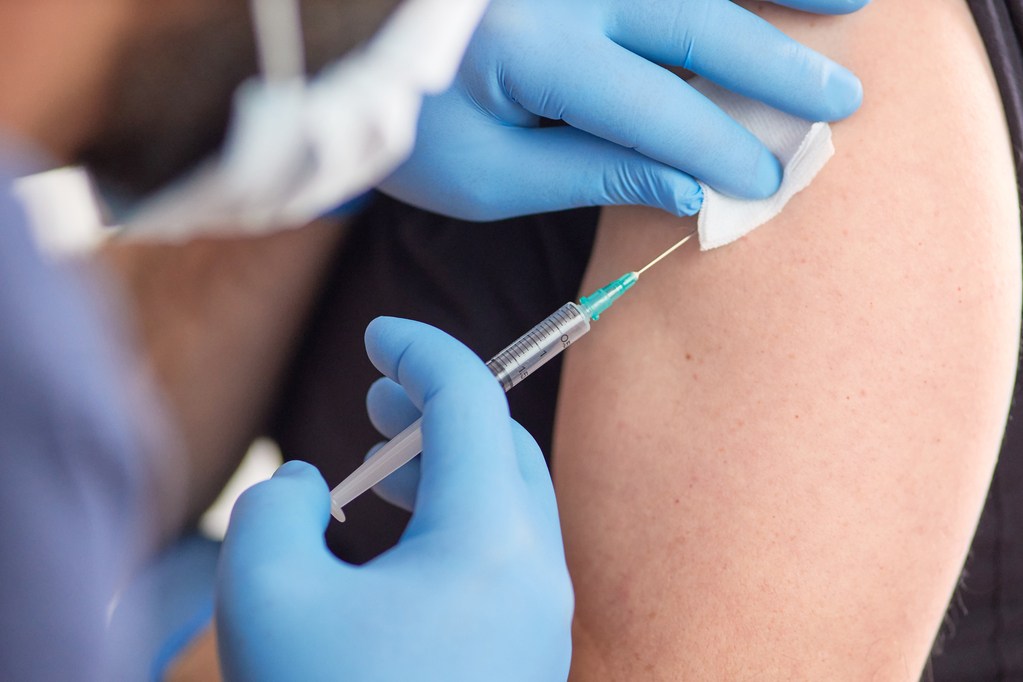European Commission president von der Leyen admitted last week that there are lessons to be learned from the vaccination process. The health commissioner, Kyriakides, has already drawn a lesson.
In an interview on Sunday for a German newspaper she said that the Commission has analysed the authorisation procedure for vaccines with the European Medicines Agency (EMA) and decided that approvals of already approved vaccines to combat mutations of the virus will be speeded up.
The chief spokesperson of the Commission, Eric Mamer, confirmed at today’s daily press conference that the Commission intends to issue a communication on Wednesday on the battle against the new variants of the virus.
One issue that is not clear is the duration of the protection of the vaccines against the virus. In for example Israel, which already has vaccinated about 40 % of its population with good results, the vaccination certificates that are issued by its health ministry has a validity period of only half a year.
The authorities have not explained why. It could be because the vaccine producers themselves do not know how long time the immunity will last or because further shots are required against mutations of the virus.
Asked by The Brussels Times about whether this issue is considered by the Commission and EMA and how it might affect the deliveries of vaccine doses to the member states, the spokesperson replied that the Commission is reviewing the situation which is constantly evolving.
The Commission’s policy is adapted to the new challenges and the issue of the validity of the vaccines will be addressed in the Communication tomorrow.
The positive news from the evaluation of the vaccinations by Clalit, Israel’s largest health maintenance organisation, is that they confirm Pfizer’s estimates in its clinical trials. Contrary to the trials, they included hundreds of thousands of people in all age groups.
The vaccinated group had 94 % fewer symptomatic infections and 92 % fewer cases of serious illness that then the unvaccinated group. The data was also controlled for underlying conditions and the lockdown in Israel.
In her speech last week at the European Parliament’s Plenary on the state of play of EU’s vaccination strategy, the Commission president said that, “It is a fact that we are not where we want to be today in the fight against the virus. We were late for admission. We were too optimistic about mass production. And maybe we were too sure that what we ordered would actually be delivered on time.”
“We have to ask ourselves why this is so and what lessons we can learn from it.”
She was still optimistic that it was possible to achieve the goal to vaccinate 70% of the adult population in Europe by the end of summer. However, she did not mention the issue of group immunity which will require that also children are vaccinated.
M. Apelblat
The Brussels Times

